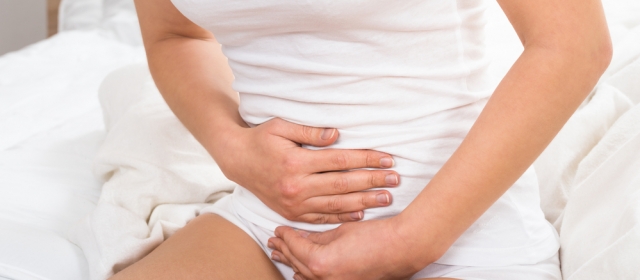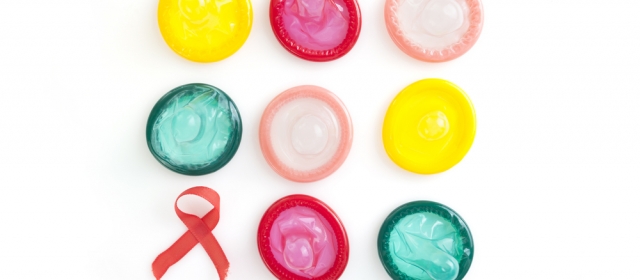
All News
Upcoming Events

A comprehensive patient history can help a health care provider understand a patient’s state of health, assess any health risks that they may be facing, and determine the appropriate preventative health care measures to be taken. Sexual health is an important part of a person’s overall health, but one that is often overlooked during patient health history taking and routine medical visits.

A woman’s sexuality can change over the course of her life as a result of different life phases and/or life events. Pregnancy and childbirth have been shown to have a big impact on a woman’s sexual function. Research indicates that sexual function declines during pregnancy and typically does not fully recover to pre-pregnancy levels until about 12 months postpartum (Chayachinda, 2015).

Sexual performance anxiety is fear, worry, or anxiety related to sexual activity. Although it is one of the most common sexual issues among both men and women, sexual performance anxiety is not recognized as a diagnosis. Nevertheless, it often accompanies and/or precedes other sexual dysfunctions. Severe sexual performance anxiety can perpetuate a detrimental cycle in which a person worries about their performance and is afraid of failure, experiences sexual difficulties, and then worries more about future performance.

Persistent genital arousal disorder/genito-pelvic dysesthesia (PGAD/GPD) is a distressing condition that can impact both men and women but is more common in women. The International Society for the Study of Women’s Sexual Health (ISSWSH) defines PGAD/GPD in women as a condition “characterized by persistent or recurrent, unwanted or intrusive, distressing sensations of genital arousal (e.g., feelings of being on the verge of orgasm and of lubrication and swelling, tingling, throbbing, contractions) that persist for ≥3 months and may include other types of genito-pelvic dysesthesia (e.g., buzzing, burning, twitching, itch, pain).”

Transgender individuals, or people whose gender identity does not align with the sex that they were assigned at birth, may choose to transition through gender-affirming hormone therapy, gender-affirming surgery (GAS), or both. A recent survey of 27,715 transgender participants in the United States indicated that 25% of the respondents had undergone at least one GAS such as chest surgery (breast augmentation or mastectomy) or genital surgery (phalloplasty or vaginoplasty).

Vaginismus is a sexual pain disorder characterized by involuntary vaginal spasms that can make vaginal penetration difficult and painful. Although it was defined by the Diagnostic and Statistical Manual of Mental Disorders, 4th edition (DSM-IV) as a distinct condition, the 5th edition (DSM-5) combines vaginismus and dyspareunia (painful intercourse) into one condition known as genito-pelvic pain/penetration disorder (GPPPD).

Bladder health is an important component of one’s overall well-being, and one that may have ramifications for a person’s sexual health. There are several ailments that can affect the bladder, ranging from acute (short-term) infections to chronic (long-term) conditions. Though these conditions can occur in both men and women, they are more common in women because of the anatomy of their urethra: it is shorter compared to the male urethra and it is located closer to the anus. Other risk factors include pregnancy, childbirth, and hormonal changes due to menopause.

Pornography has become widely available in recent years with the advent of free online porn streaming sites. Its increased availability has sparked debate as to whether or not viewing pornography has an impact on a person’s sex life/sexual health. While some suggest that frequent pornography use may have a detrimental effect on a person’s relationships, sexual satisfaction, and even mental health (possibly contributing to depression), the research thus far has been limited in scope and often contradictory.

A condom is a thin tube that is worn around the penis (external condom) or a pouch that is inserted into the vagina or anus (internal condom) before engaging in penetrative sexual activity to help prevent the spread of sexually transmitted infections (STIs) and as a means of birth control. Some people also use condoms for oral sex.

For many men who experience erectile difficulties after undergoing treatment for prostate cancer, erectile aids (EAs) such as oral medications (PDE5i), vacuum erection devices (VED), and intra-cavernosal injections (ICI) offer a means of achieving an erection post treatment. However, even though the majority of prostate cancer patients experience erectile difficulties for months, years, or indefinitely after treatment, some choose never to use EAs, and some who use EAs ultimately end up abandoning them.



